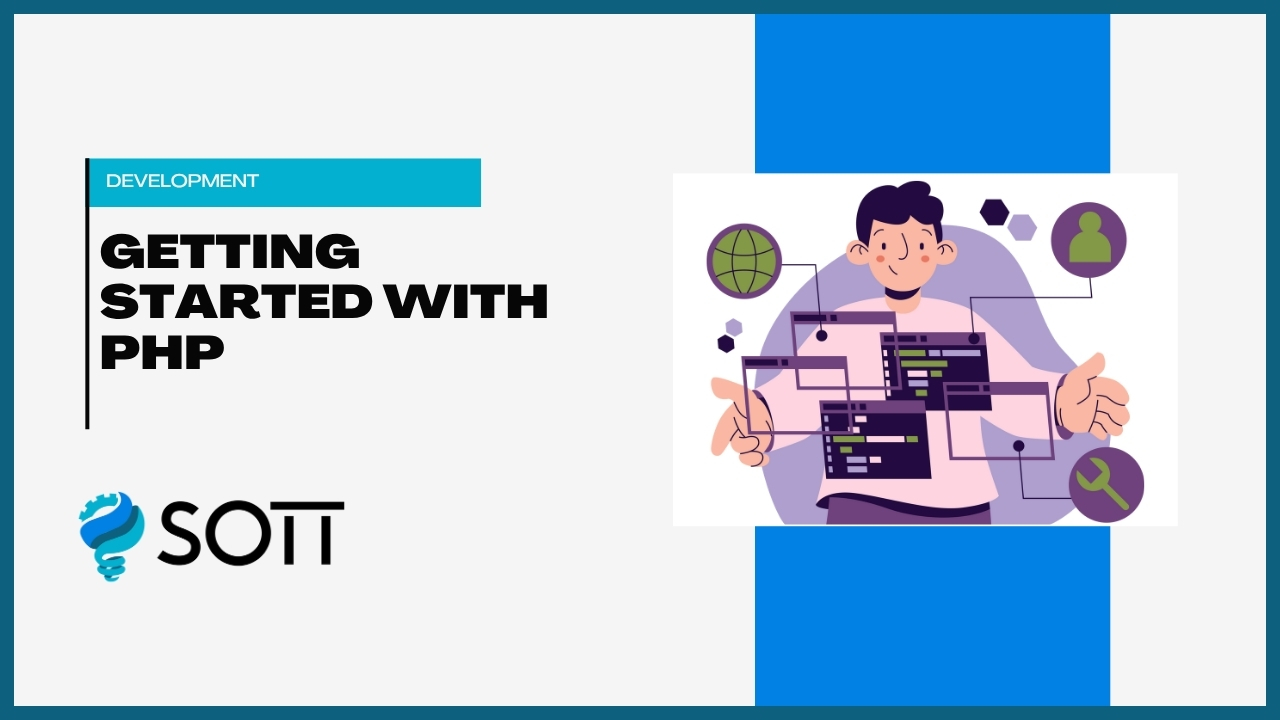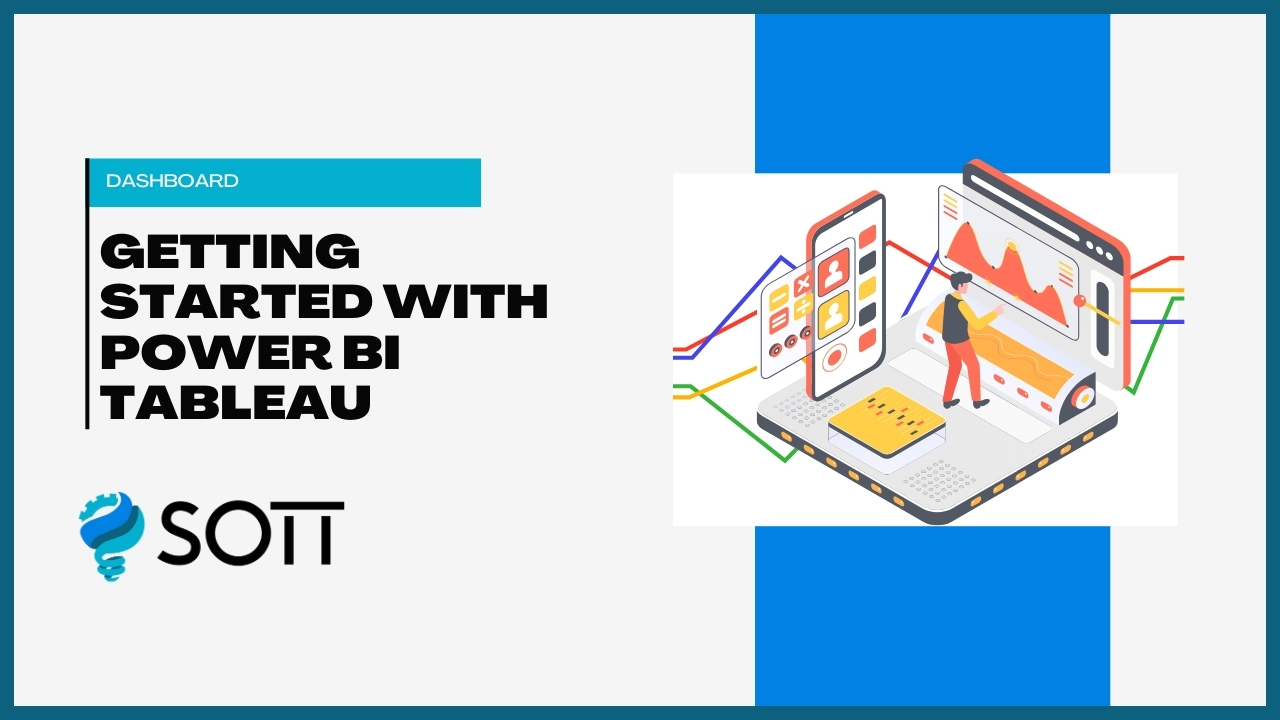Lesson 1: Getting Started with PHP
-
Introduction & History
-
Use Cases of PHP
-
PHP vs Other Languages
Lesson 2: Syntax & Basics
-
PHP Tags & Comments
-
Echo vs Print
-
Code Structure
Lesson 3: Variables and Constants
-
Declaring Variables
-
Data Types
-
Constants
Lesson 4: Operators in PHP
-
Arithmetic, Assignment
-
Comparison, Logical
-
Bitwise, Ternary
Lesson 5: Type Casting and Type Juggling
-
Implicit Type Conversion
-
Explicit Casting
Lesson 1: Conditional Statements
-
If-Else Logic
-
Switch Case
-
Match Expression
Lesson 2: Loops and Iteration
-
While, Do-While
-
For, Foreach
-
Nesting & Break/Continue
Lesson 3: Functions and Scope
-
Creating Functions
-
Parameters, Return
-
Variable Scope
Lesson 4: Recursion & Anonymous Functions
-
Recursive Functions
-
Closures & Callbacks
Lesson 1: Arrays and Manipulation
-
Indexed, Associative
-
Multidimensional
-
Array Functions
Lesson 2: String Processing
-
Concatenation
-
String Functions
-
Regex Basics
Lesson 3: Working with Dates
-
Date and Time Functions
-
Formatting & Timezone
-
Timestamp Conversion
Lesson 4: JSON & Serialization
-
JSON Encode/Decode
-
Serialize vs Unserialize
Lesson 1: HTML Forms Integration
-
Form Basics
-
GET vs POST
-
Validation Techniques
Lesson 2: Superglobals and Data Flow
-
$_GET, $_POST
-
$_FILES, $_SERVER
Lesson 3: File Handling in PHP
-
Read/Write Files
-
Uploading Files
-
File Permissions
Lesson 4: Session and Cookie Management
-
Starting Sessions
-
Setting Cookies
-
Expiry, Secure Cookies
Lesson 5: CAPTCHA and Form Security
-
Basic Captcha
-
Sanitization and Escaping
-
CSRF Basics
Lesson 1: MySQL Introduction
-
Connecting with MySQLi & PDO
-
Basic SQL Queries
-
Error Handling
Lesson 2: CRUD Operations
-
Insert, Select
-
Update, Delete
-
Pagination Logic
Lesson 3: Security in DB Handling
-
SQL Injection Basics
-
Prepared Statements
-
Escaping Input
Lesson 4: User Login & Authentication
-
Password Hashing
-
Login/Logout Logic
-
Role-Based Access
Lesson 1: Project Organization
-
Folder Structure
-
Naming Conventions
-
Reusability
Lesson 2: Error Handling & Debugging
-
Error Types
-
Logging Errors
-
try-catch & Exceptions
Lesson 3: PHP Configuration & INI Settings
-
php.ini Overview
-
Common Config Tweaks
Lesson 4: Version Compatibility
-
PHP 7 vs 8 Key Changes
-
Deprecated Functions

- CategoryDevelopment
- LevelIntermediate
- Duration3 Months
- Available SeatsUnlimited
Course Key Highlights
Real-Time Experts
Learn from industry experts with real-time experience.
Placement Support
Get assistance in securing your dream job with our dedicated placement support.
Live Project
Work on live projects to gain hands-on experience.
Certified Professional
Become a certified professional with industry-recognized certification.
Affordable Fees
Get the best quality education at affordable fees.
Flexibility To Assist
Flexible learning options to assist you in every way possible.
No Cost EMI
Pay your course fees in easy installments with no cost EMI.
Free Soft Skills
Develop essential soft skills along with technical knowledge.
Popular Questions to Ask Before Choosing a Course
SOTT courses include comprehensive video lessons, hands-on projects, downloadable resources, and live mentorship sessions. Our curriculum is designed to provide you with all the tools you need to succeed in your chosen field.
No, SOTT courses are designed to be flexible. You can start learning whenever it suits you best, and you have lifetime access to the course materials to learn at your own pace.
To take a SOTT course, simply enroll in the course of your choice, and you will have access to all the lessons, resources, and mentorship opportunities available. You can learn from any device, at any time.
Yes, upon completing a SOTT course, you will receive a certificate of completion, which you can share with your network and use to showcase your newly acquired skills to potential employers.
If you need help, you can reach out to our support team or connect with your course mentor for guidance. We are here to ensure you have the best learning experience possible.




